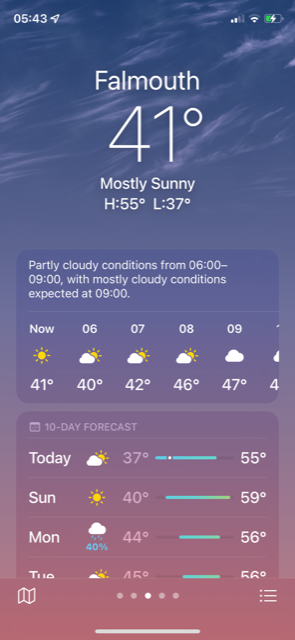
5 or 41. 23 or 74. When I talk about what the temperature is, it always has to be in two languages. It didn’t always used to be this way. Celsius and Fahrenheit. I still have the baseline of what I knew it to be growing up—only now it has been supplemented, nearly supplanted, by the working knowledge that propels me around in my adult life.
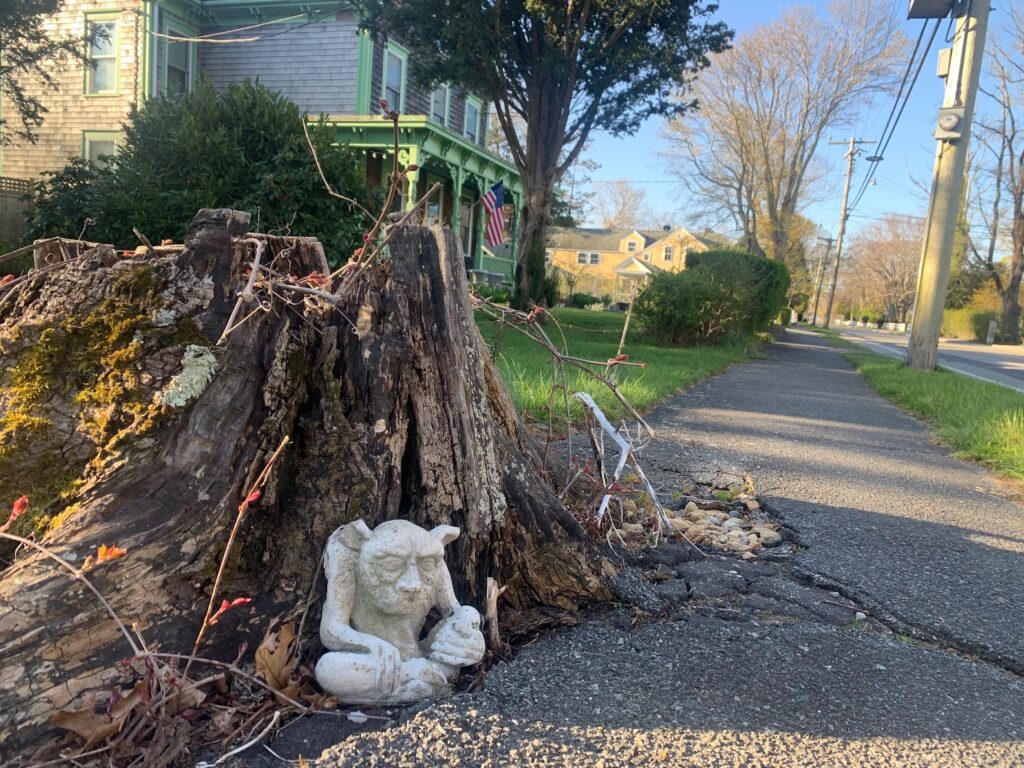
Nobody tells you that when you decide to inhabit two worlds, you are automatically trading away the part of yourself that is unwittingly settled into a singular mode of convention. This is not a complaint, but it is something that you will suddenly find yourself bumping up against when you return to the place where your life started.
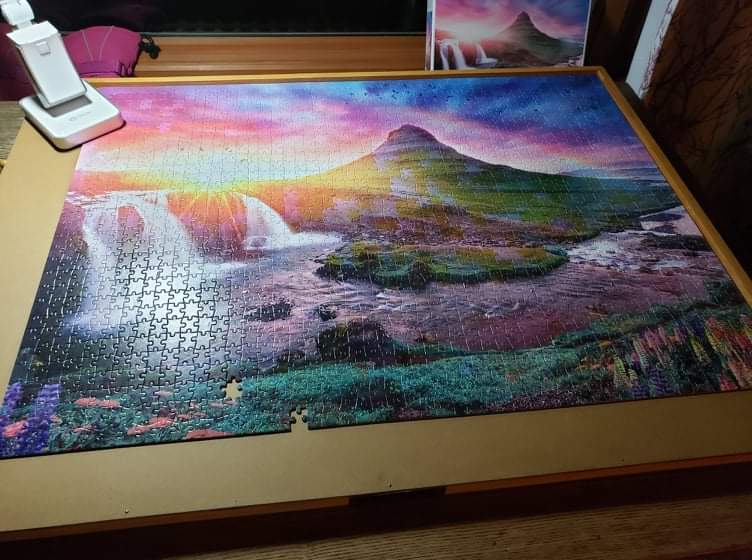
I remember when I got home from living in France as a sixteen-year-old. The reverse culture shock was strong as I tried to reconcile the past year spent in a perpetual state of attempted assimilation. It was like I had spent the first 15 years working on particular jigsaw puzzle, and then I suddenly shifted and was given a new puzzle to work on for a year. Once I got back home again, I was given the old pieces, but now it felt like I had to find a way to make all the pieces fit together into the same image.
Maybe this is easier for some people to do. Indeed, I was shown that folks have figured out that many puzzles on the market use the same cuts, so then they spend their time blending together different pictures into one, strange but delightful image. A proper mashup of two worlds. I neither have the eye for such an endeavor, nor do I have the patience.
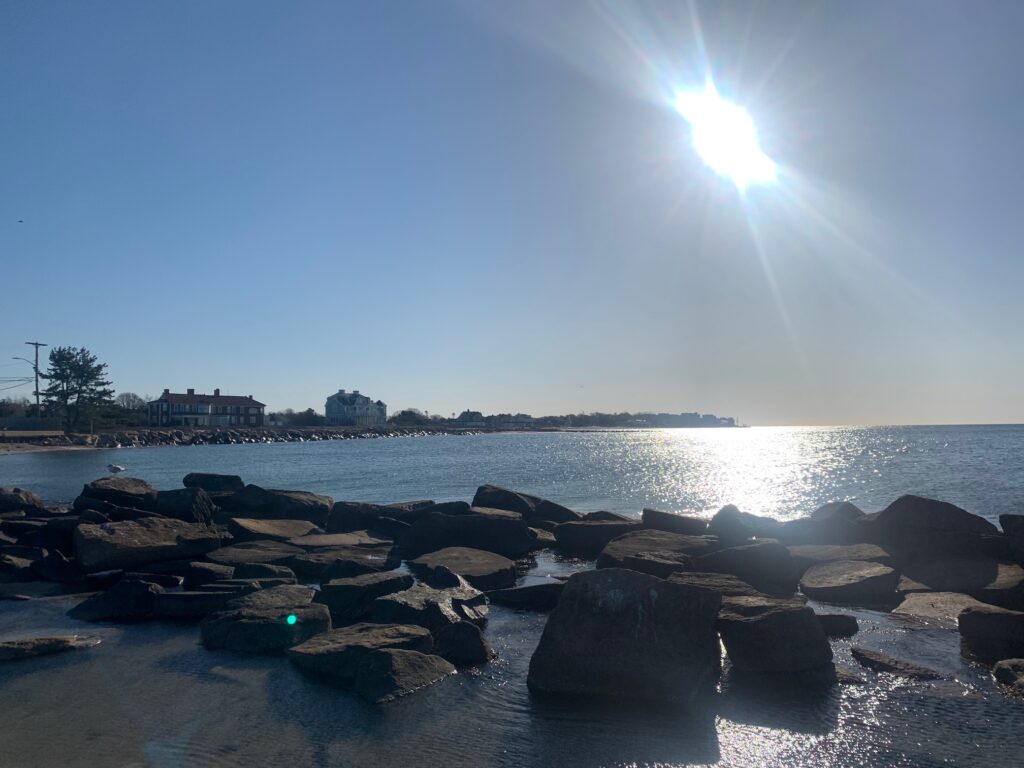
I also don’t really feel as though the dual puzzle concept really works for me. I say this because I wind up performing a single out and back life experience. I went to France, came back home as a teenager and got my brain back onto my previous operating pattern in New England. The real messiness came in a short bit later, over the course of almost three more decades. Living in different cultures for years at a time, all of the data acquisition and application, and so far, no solid return to baseline.
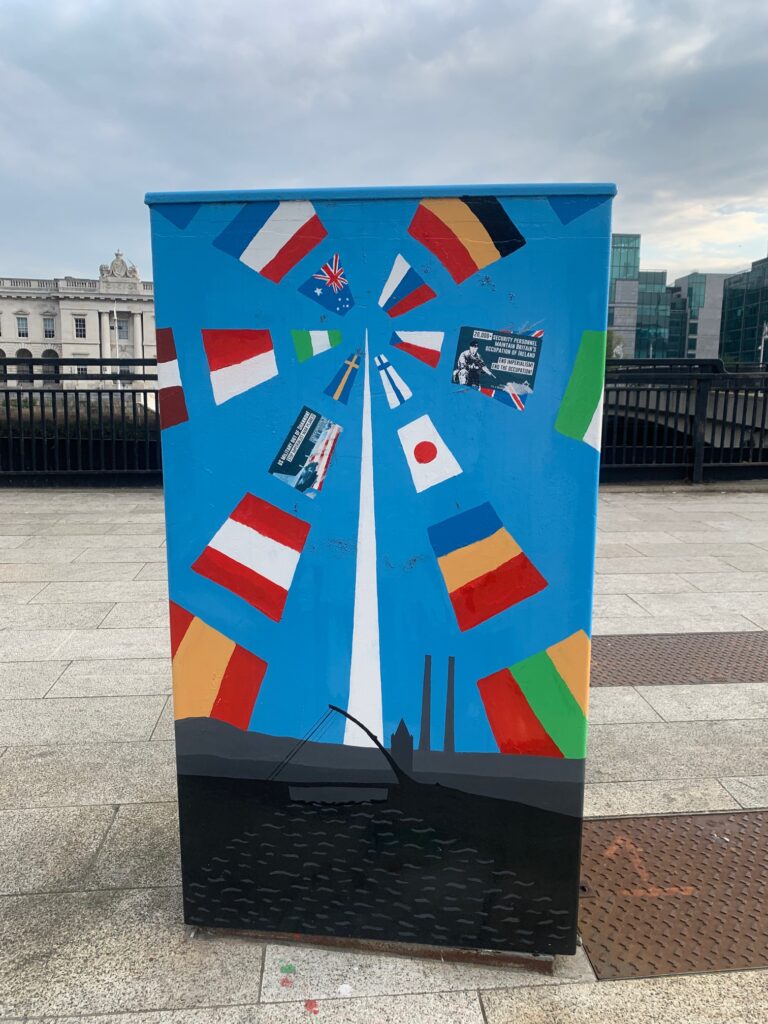
When I come back home, more often than not I feel as though my grasp on things is only slightly more fiable than my Italian. I know enough to get by, but I do find myself bumping up against things that seem strange, or at least a bit uncomfortable and unknown. I never set foot back in the US and feel like an authority on how things are going. This is because now, life feels like I decided to pour six boxes of 1000 piece puzzle sets into one box. I spent a good amount of time shaking it all up, and then throwing out about 30% of the contents because it all felt too heavily laden. The problem with this is that only after doing this, I remember that I am supposed to be working on putting this entire mess together into a single, coherent finished product.
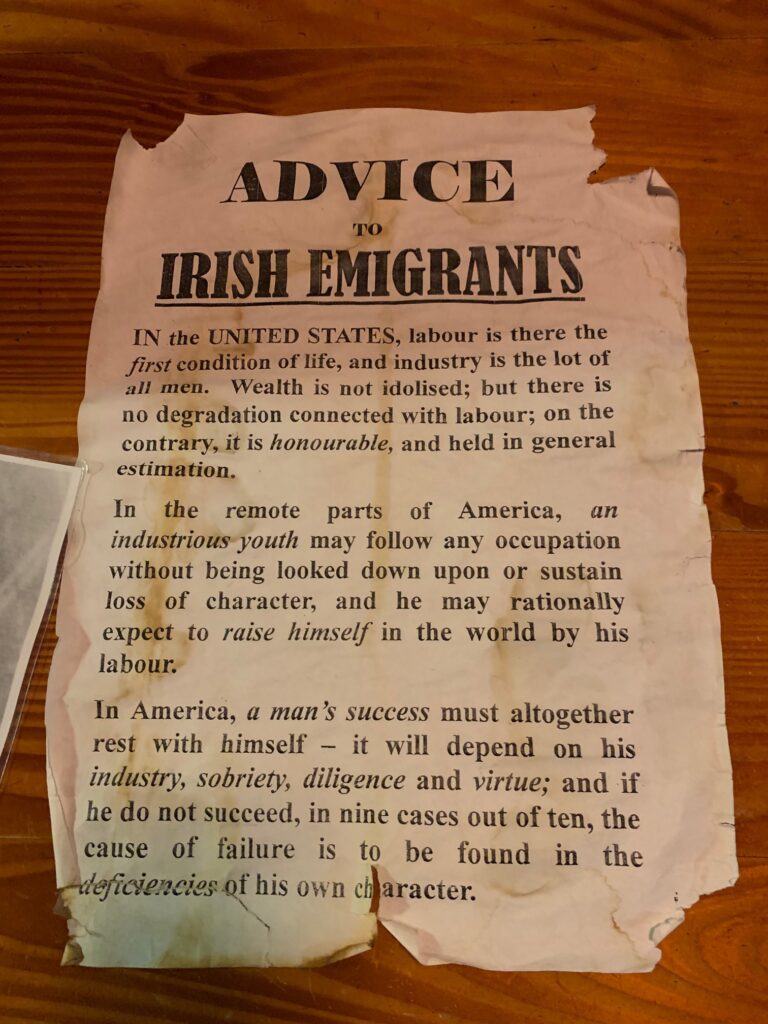
I hesitate to write any of this down at all, because the other part of me is painfully aware that it can sound like the most ridiculous lamentation for a person who got the opportunity to move freely around the globe. And I am not sure if I would call this a lamentation—it’s more of a noted side effect that I spend more time thinking about than I thought I ever would.
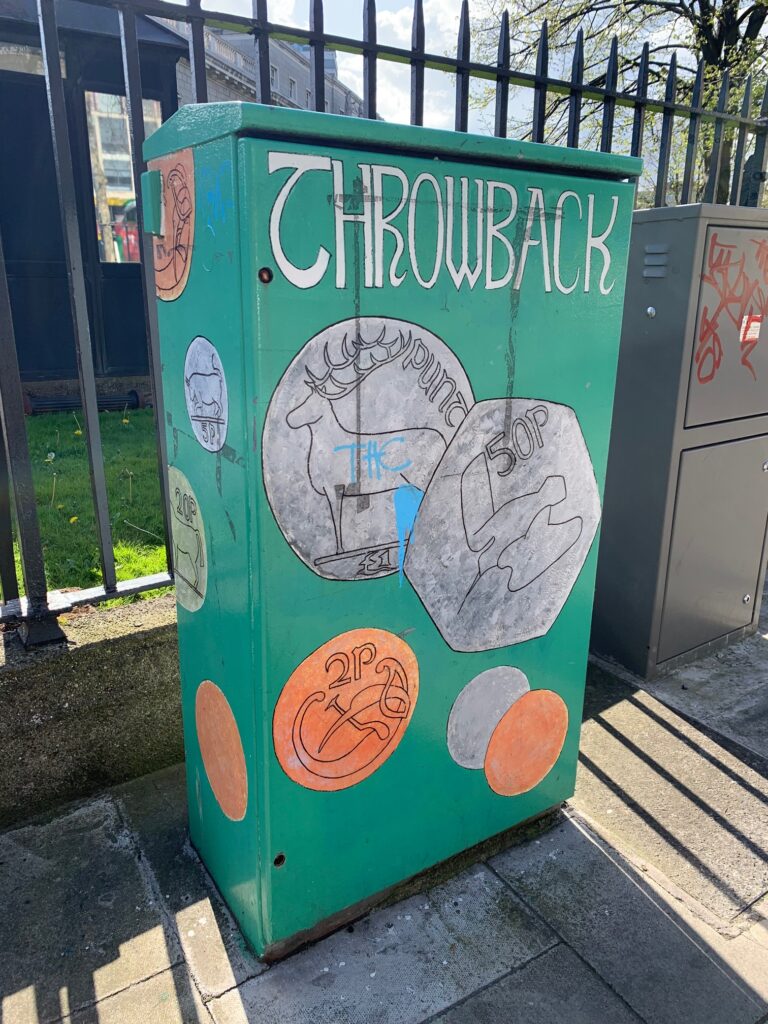
When I was living in Dublin as a college kid, I remember coming across this book written by an American who had lived in the UK. It was called I’m A Stranger Here Myself, and while I didn’t read it, I immediately knew what the content would be. The brain’s never-ending quest for reconciliation viewed from an international proportion.
This past week I was in a doctor’s office back on Cape Cod and speaking to a receptionist. He was giving me directions on where to go in a town that I grew up in—a place that now had so many new roads and developments built that sometimes it was a challenge to see the place I once knew. He asked me where I was living now, and I told him that I was living in Rome.
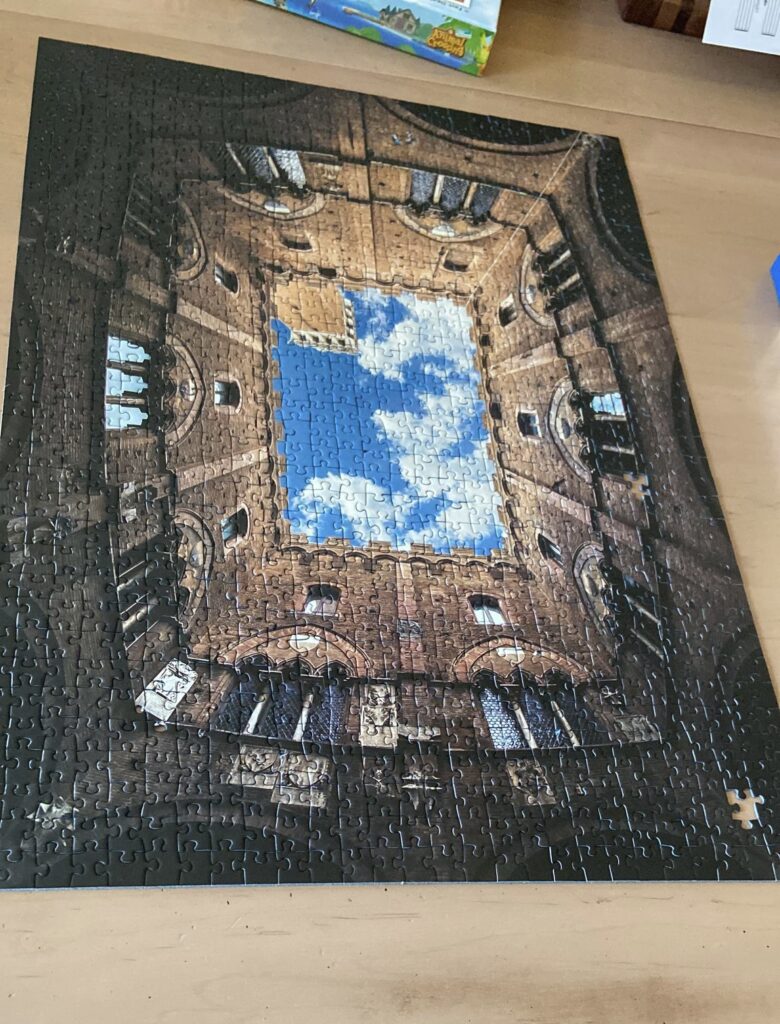
Of course he rightly remarked at a what a beautiful city it must be to live in, and of course I did not argue in the slightest. I noted how fortunate I was to live there—but at the same time, there was no place like home. No place like New England and right here is extremely precious. And not just to me—you can ask all the tourists that come here and boost our economy every year. I know that I am lucky to have sprouted from these parts. Just as I am lucky to be able to come back home again and feel like my wires are being crossed anew.
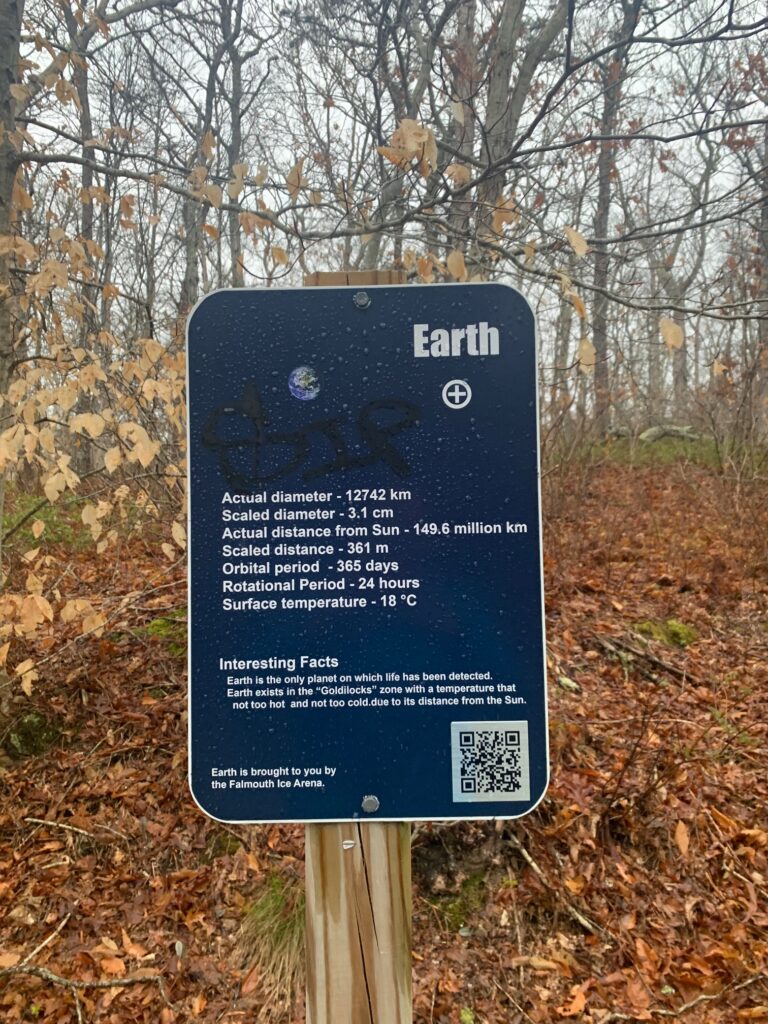
I know that as a kid, I was told that there was no one right way to live life or pick a career path. Every avenue has its own particularities, and my particular garden of problem sets is not special or unique. As for the puzzle metaphor, I will say that I’ve never had much patience for those things anyway.
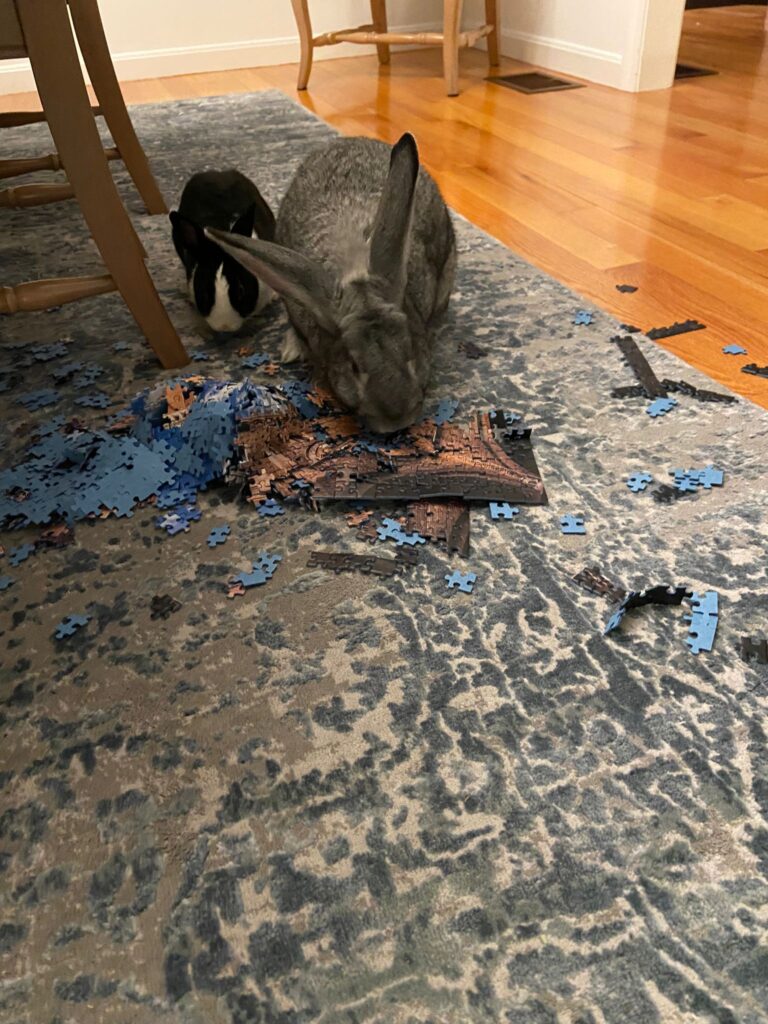
My sister used to have bunnies, and they often got into her puzzles while she was halfway through solving the image. They would nibble the edges of an individual piece into a new shape. Maybe, if anything, I would take this approach in order to make things fit together—or, most likely, I’d just leave the entire mess in its perpetual state of discord. Like the massive pile of unsorted trash I used to see when we’d go to the Mashpee Dump.
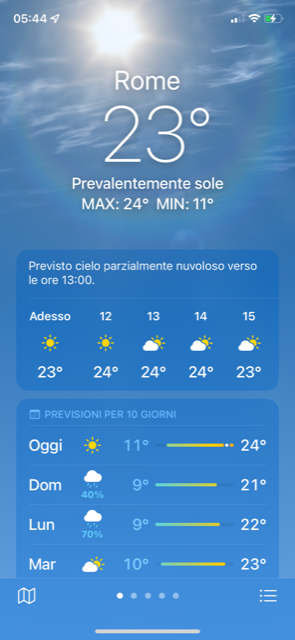
At this point I do believe that it is far better to stand back and only gaze at the pile I have succeeded in building. In befuddlement or in awe for whatever it is. Lord knows that my individual brain will eventually degrade away anyway and none of this will matter. But for now, in the interest of finding beauty in the competing pieces, I think I will try to find pleasure in taking out one piece at a time for a careful and closer look. Appreciate them for what they are, and feel grateful for the opportunity to have collected them in the first place.